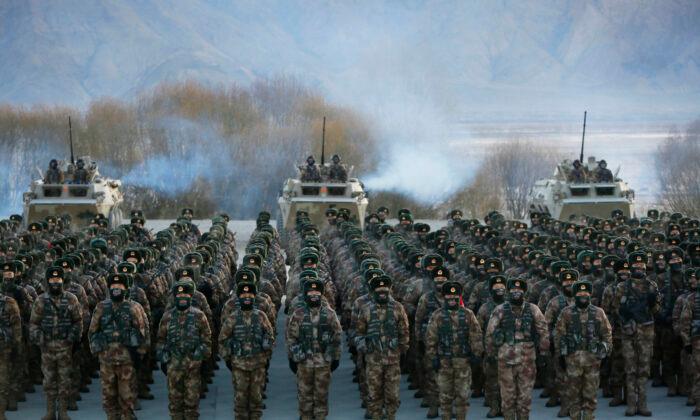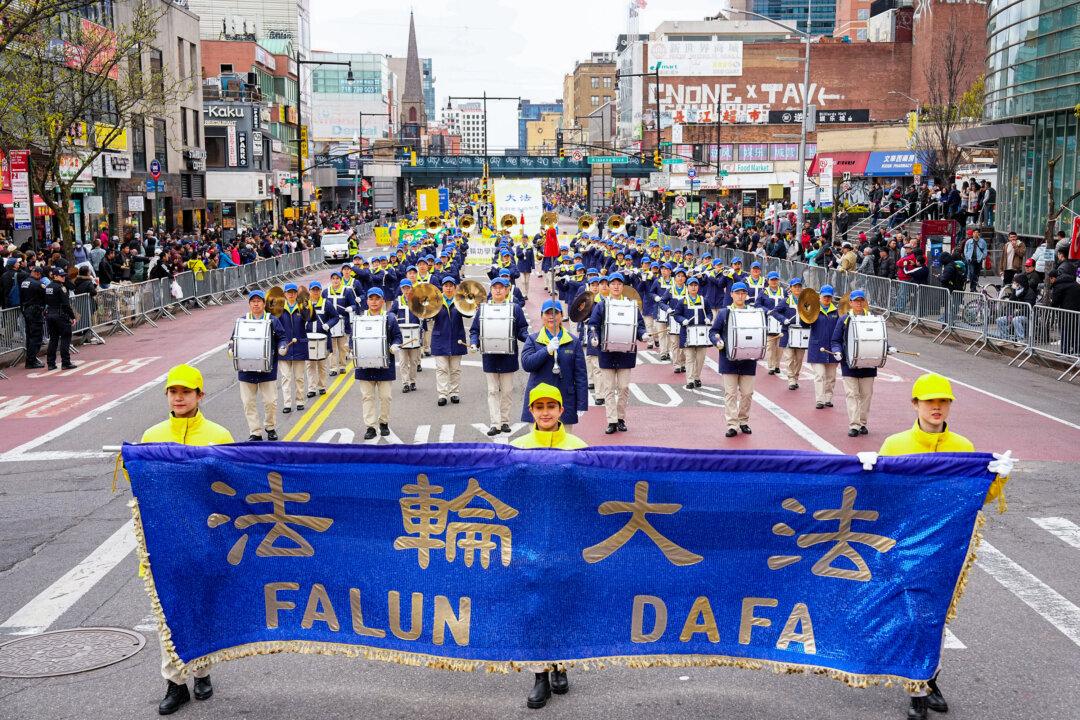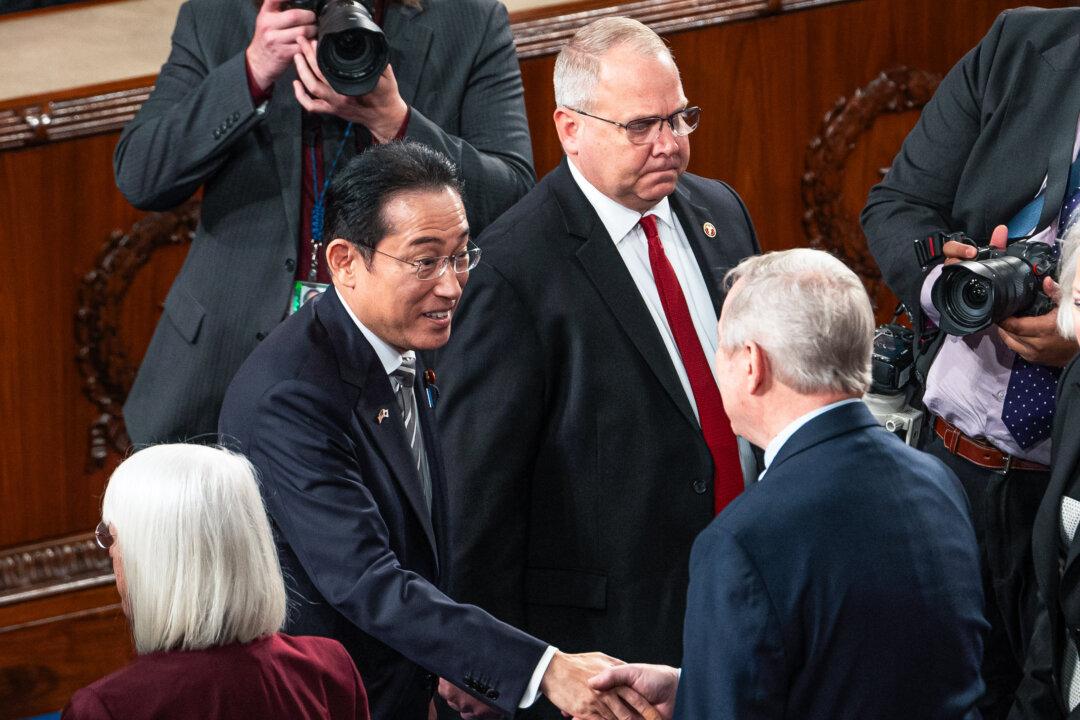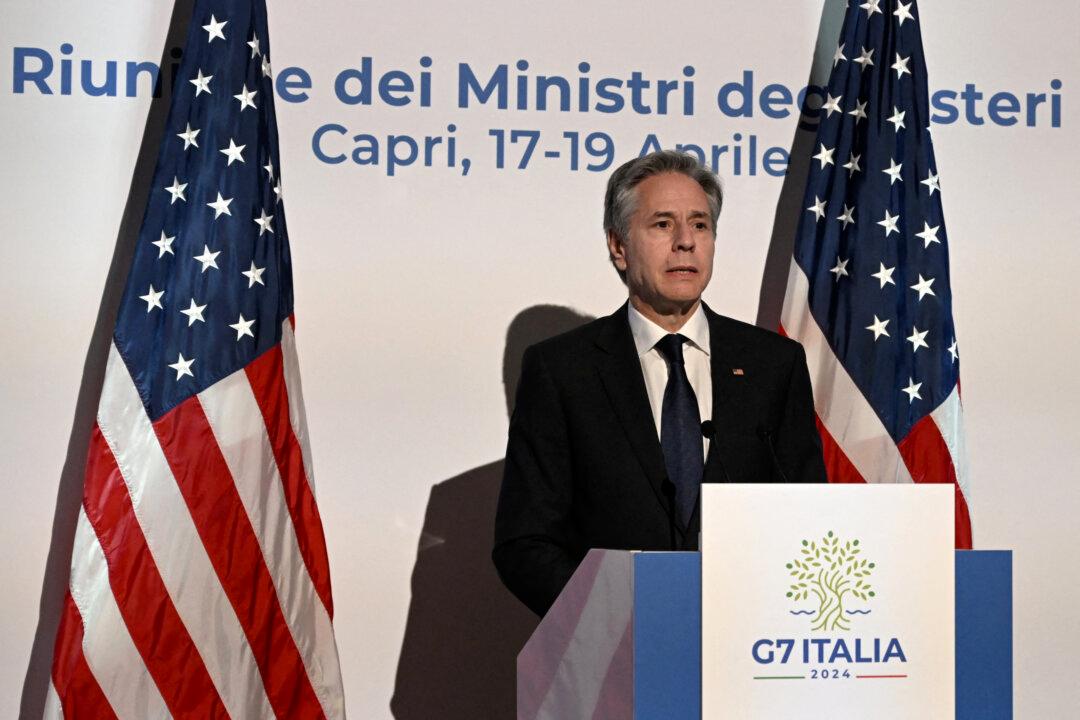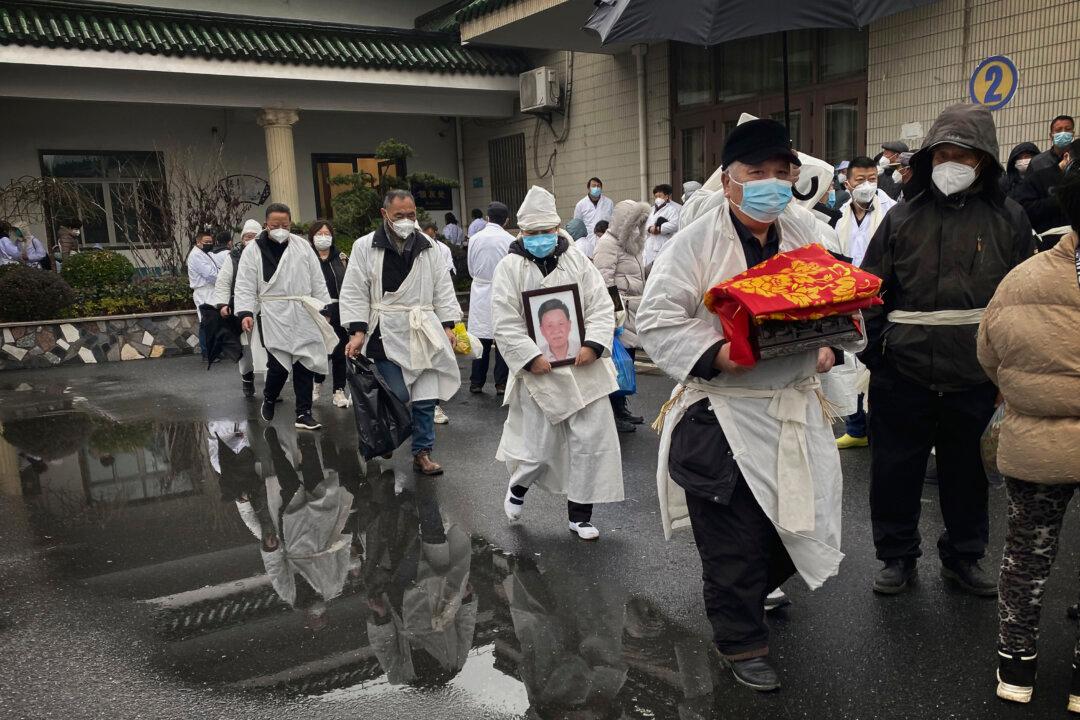The Chinese communist regime’s military new Reserve Personnel Law will be implemented on March 1. It will raise the age limits for various ranks in the reserve forces, a move analysts say reflects the regime’s intention to invade Taiwan.
Under the regime’s decades-old Military Service Law, the service age of reserve soldiers was set at 18 to 35 years old.
The new law has raised the maximum service age for reserve command management and professional technical officers to 60 years old, replacing the tiered age limits of 60, 55, and 50 years old in the old reserve service law.
The maximum service age for professional technical lieutenants has been raised to 50, and for command management lieutenant officers, 45, instead of the current tiered limits of 45, 40, and 35.
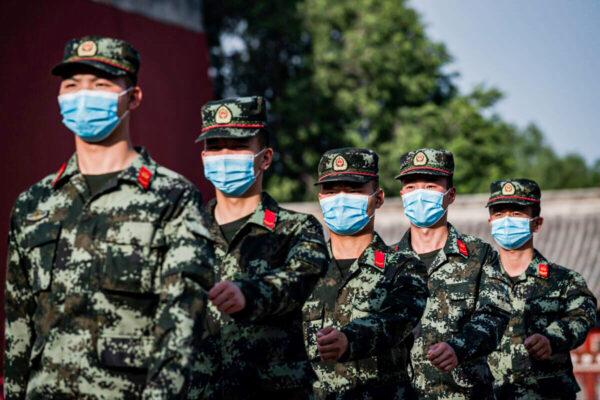
There was also an overall raise in age limits for reserve service members. The maximum service age for reserve sergeants was revised to 55 for first class sergeants and sergeant majors; 45 for corporals, sergeants, and second sergeants; and 30 for reserve soldiers.
Readiness for War
Wang He, a U.S.-based China affairs observer, told The Epoch Times on Feb. 9 that the key point is why China’s ruling Communist Party (CCP) put out the policy now.He said that with the current tension in the Taiwan Strait, the CCP introduced the new military reserve law, on the one hand, to deter the United States, and on the other hand, it is indeed preparing for war to invade Taiwan.
“In general, it creates a momentum to exert pressure on the United States, and cooperates with the CCP’s general strategy of defeating Taiwan without fighting. However, the question of whether to have a war or not is very delicate, but it has well prepared for war.”
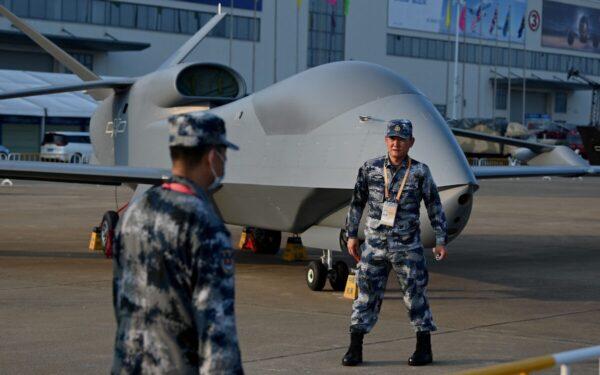
Su Tze-yun, director of the Institute for National Defense and Security Research of Taiwan, told The Epoch Times on Feb. 9 that the reserve force belongs to the national defense mobilization mechanism within the CCP. “It’s part of the national combat readiness and the fighting force. Certainly, it can be viewed that if CCP decides to attack Taiwan in the future, it will be mobilized.”
Su added that the CCP has a huge military, and if it launches an attack, this mobilization force is only a supplementary means. On the contrary, for the defensive side, mobilization is one of the main means.
